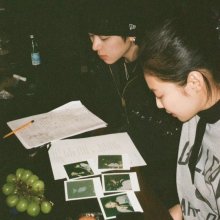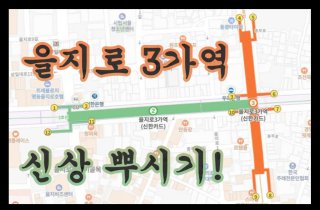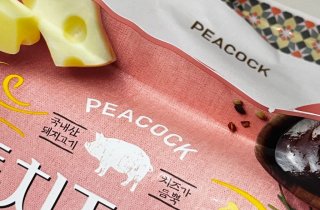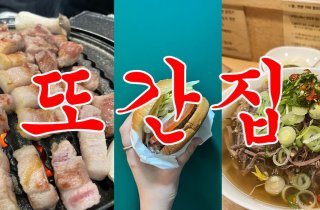Record producer Yoo Young-jin says "it is fun to have a songwriter like me"
When boy band H.O.T. debuted in Korea fifteen years ago, the country's response was split into two extremes. Some said that the group represented the new era of the music industry while others accused them of taking Korean pop music into a weird direction. The numerous controversies surrounding the music of idol groups still exist after coming to light starting with H.O.T. However, in the years ever since, idol groups and their music have become the most significant standard of Korea's pop music industry while agency SM Entertainment (SM), who had created numerous idol groups from H.O.T. to f(x), has become the center of K-pop music. Standing at the center of SM's countless hit songs is songwriter and record producer Yoo Young-jin -- the man who started the controversy surrounding SM and its artists as well as their musical accomplishments.
10: Most people know your name but don't really know what you do exactly. Can you briefly explain your job?
Yoo: First of all, I signed with SM as an artist, not as a producer, fifteen years ago. When the contract expired, I signed another fifteen-year contract with the agency. I am somebody who wants to be here for the rest of my life. (laugh) As a producer, I write songs for singers and do mixings. I talk to singers about their choreography as well and I produce pretty much everything related to my songs. And one of our affiliated companies makes karaoke machines and I am a shareholder and on the board of directors for that company.
10: Karaoke machines?
Yoo: Karaoke is where the music gets played the most after it is produced. Our machines use 100 percent original sounds, so I check the balance between the song's recording and sound and make necessary decisions.
Yoo: There is a design team that takes care of the singers' wardrobe, and the designer and Sir Lee Soo-man discuss the fashion concept. When I need to give direction for singers besides writing songs for them, I give them separate lessons. And I offer my opinions about the choreography for songs I write.
10: What do you think is most important when it comes to choreography?
Yoo: There is a beginning-to-end flow in a dance routine, just as there is in a song. It is better to tense up and loosen up in certain parts rather than having it stay intense throughout. And in places where you need to go strong, you have to accentuate the moves clearly -- for example, the palm-rubbing actions in "Sorry Sorry." On the other hand, sometimes I take out parts that are too complicated. I take care of such things during the post-production process after I am done producing the song.
10: Is it because you were a dancer yourself and because you produce songs for idol group singers that you get involved in those things? All your songs sound like you were imagining performing on stage when you wrote them.
Yoo: It is hard to write songs without such an imagination. From the H.O.T. years, I would have some of my own ideas about the choreography. If there is a specific choreography that I had imagined, I would make it and give it to the choreographer. For me, songwriting is something that makes the stage performance and music become one. People call it "a song" but I want to make music that fulfills both the eyes and ears, like a musical production.
10: That aspect of your songwriting is becoming more conspicuous in your recent works. Songs like "Sorry Sorry," "Ring Ding Dong," and "Bonamana" have melodies that come straight from the rhythm and makes the listener think of a stage performance right from the start.
Yoo: That is definitely true. For "Ring Ding Dong," I wrote all the melody after starting with one beat and repeating it. There are notes in a rhythm too and basically if you think of connecting those 'rhythm notes' as a chord progression, you can come up with an infinite number of melodies. A rhythm is not a sub-unit of the melody, it is the main unit of a song. Lyrics are important to some songwriters while for others, melody is key. In my case, I think about the rhythm first and add other stuff with the arrangement.
10: You were one of the first people in the Korean music industry who believed that rhythm was as important as the melody. Other people used to make the melody first then add the rhythm, but you came up with the rhythm first and then played variations of the melody.
Yoo: I have written about 2,000 songs and around 180 have been published. Except for one or two songs, I always produced the rhythm first. Even with the ballad tracks.
10: Which goes to show that perhaps you make songs for different reasons than other songwriters do. Your ultimate goal is for the artist to put on a truly fantastic performance on the stage, isn't it?
Yoo: Exactly. Dance music is for dancing and I think any dance number should have very dramatic elements. There may be some songs that you can't understand if you just listen to the music. Because they were made to be heard and seen on stage at the same time.
10: Is that how SMP (SM Music Performance), the so-called SM style, was made? SMP is a kind of music style that emphasizes the dance moves on stage from beginning to the end.
Yoo: Ever since I started writing songs, I wanted to create dramatic dance music if I could do such a thing. When I was one of the dancers for [Korean broadcaster] MBC, songs like Janet Jackson's "Rhythm Nation" was very popular at the time. Listening to that kind of music and watching those performance, I wanted to show a variety of performance elements within in a song. Like setting a certain flow and breaking it, or putting stop-brakes during the music or slowing down the beat rather than just taking one flow from beginning to end of a song. In a way, I guess you could say that it is like putting five remix versions in one song.
Senior Reporter : Kang Myoung-Seok two@
Photographer : Lee Jin-hyuk eleven@
Editor : Lynn Kim lynn2878@
<ⓒ10Asia All rights reserved>




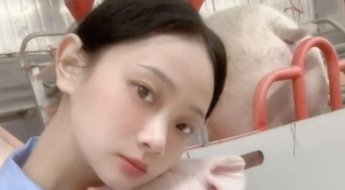


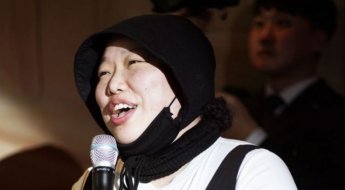





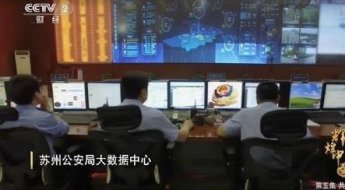
![[르포]](https://cwcontent.asiae.co.kr/asiaresize/269/2019061212381874995_1560310698.jpg)


![[르포]](https://cwcontent.asiae.co.kr/asiaresize/269/2024041615111741444_1713247877.jpg)


![[시론]국민의힘 위기의 진짜 본질](https://cwcontent.asiae.co.kr/asiaresize/269/2024041907435942966A.jpg)
![[디펜스칼럼]무섭게 성장하는 日 방산기업들](https://cwcontent.asiae.co.kr/asiaresize/269/2024041911205793276A.jpg)
![[기자수첩]'기후플레이션' 보조금에만 기댈건가](https://cwcontent.asiae.co.kr/asiaresize/269/2024041910292631627A.jpg)
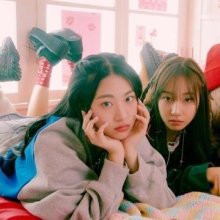

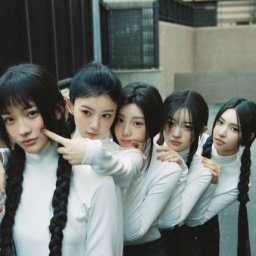



![[이미지 다이어리] 그곳에 목련이 필 줄 알았다.](https://cwcontent.asiae.co.kr/asiaresize/113/2024041808095443462_1713395394.jpg)
![[포토] 황사 극심, 뿌연 도심](https://cwcontent.asiae.co.kr/asiaresize/276/2024041709294142287_1713313781.jpg)
![[포토] 세종대왕동상 봄맞이 세척](https://cwcontent.asiae.co.kr/asiaresize/276/2024041610251540828_1713230715.jpg)



![[뉴스속 용어]'비흡연 세대 법'으로 들끓는 영국 사회](https://cwcontent.asiae.co.kr/asiaresize/113/2024013008484747604_1706572127.jpg)
![[뉴스속 용어]'법사위원장'이 뭐길래…여야 쟁탈전 개막](https://cwcontent.asiae.co.kr/asiaresize/276/2023120715170080899_1701929820.jpg)
![[뉴스속 용어]韓 출산율 쇼크 부른 ‘차일드 페널티’](https://cwcontent.asiae.co.kr/asiaresize/276/2024031909291699376_1710808157.jpg)
 가장 많이 읽힌 뉴스를 제공합니다. 집계 기준에 따라 최대 3일 전 기사까지 제공될 수 있습니다.
가장 많이 읽힌 뉴스를 제공합니다. 집계 기준에 따라 최대 3일 전 기사까지 제공될 수 있습니다.


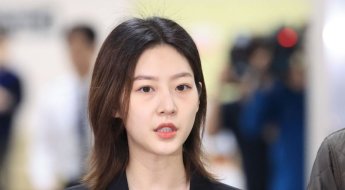
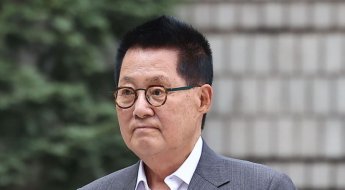


![[단독] 전남도민체전 왜 이러나…고질적 문제 또 '부정선수' 적발](https://cwcontent.asiae.co.kr/asiaresize/113/2024041814484744276_1713419327.jpg)
